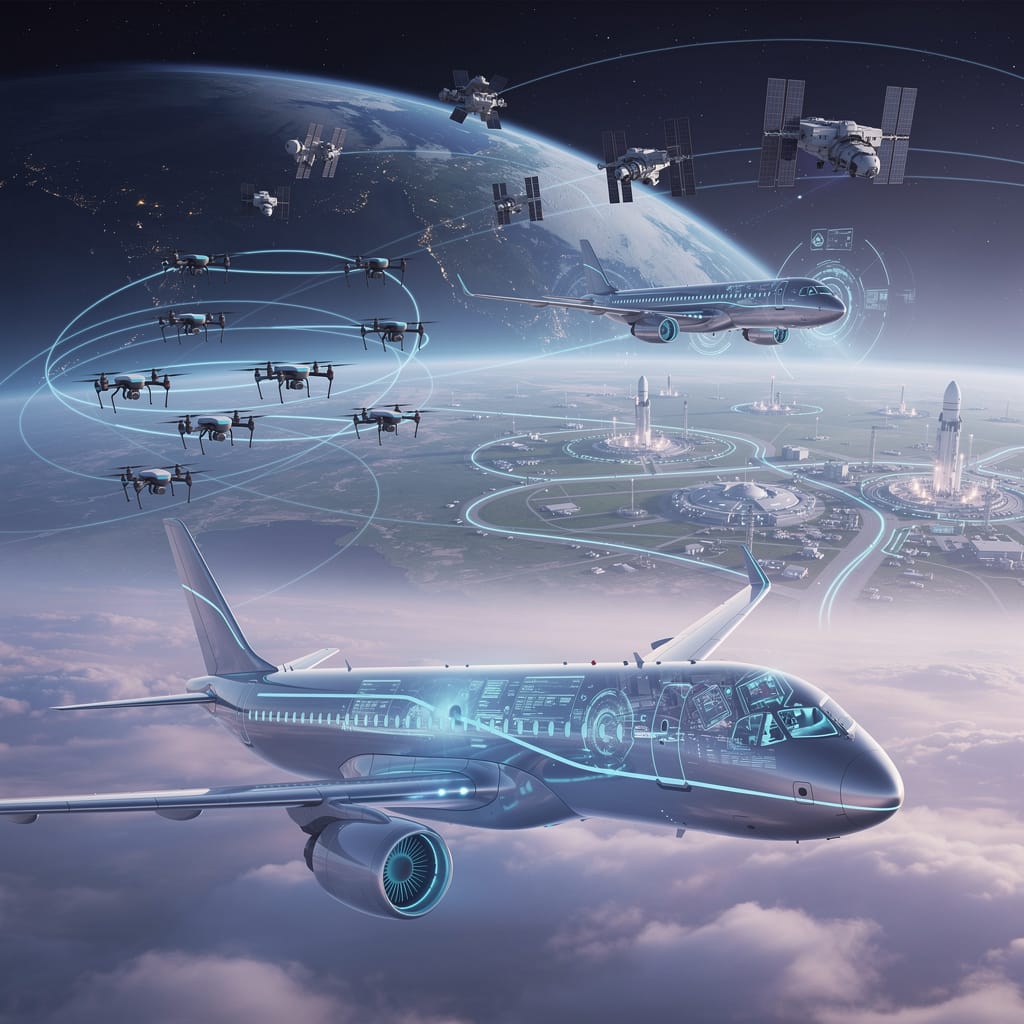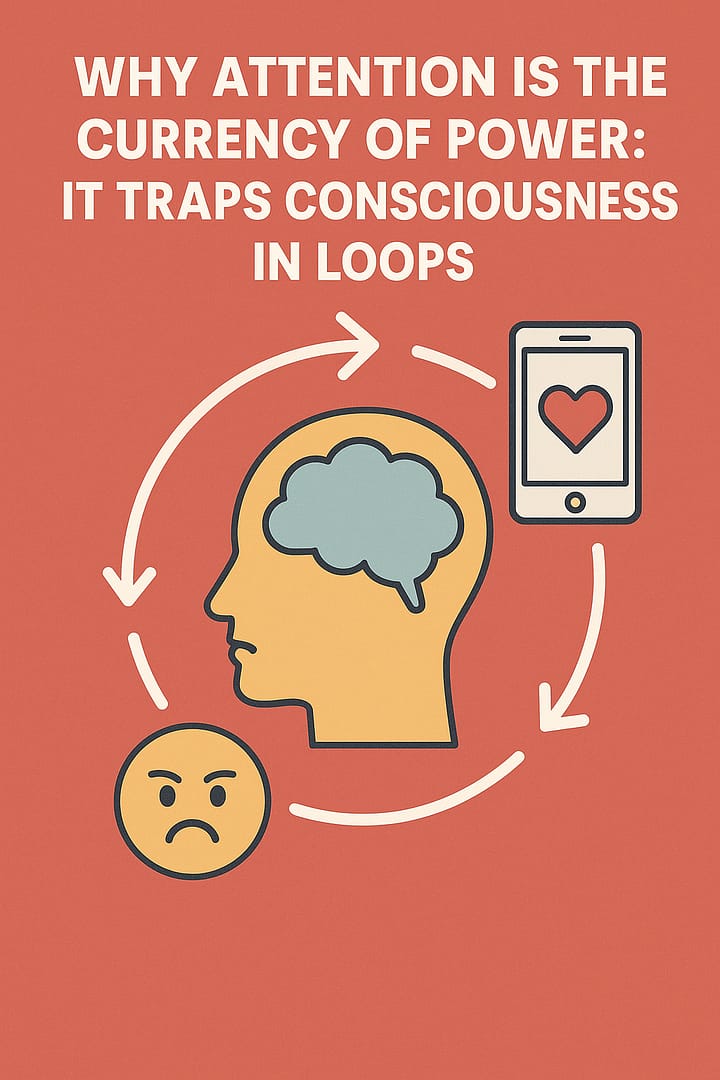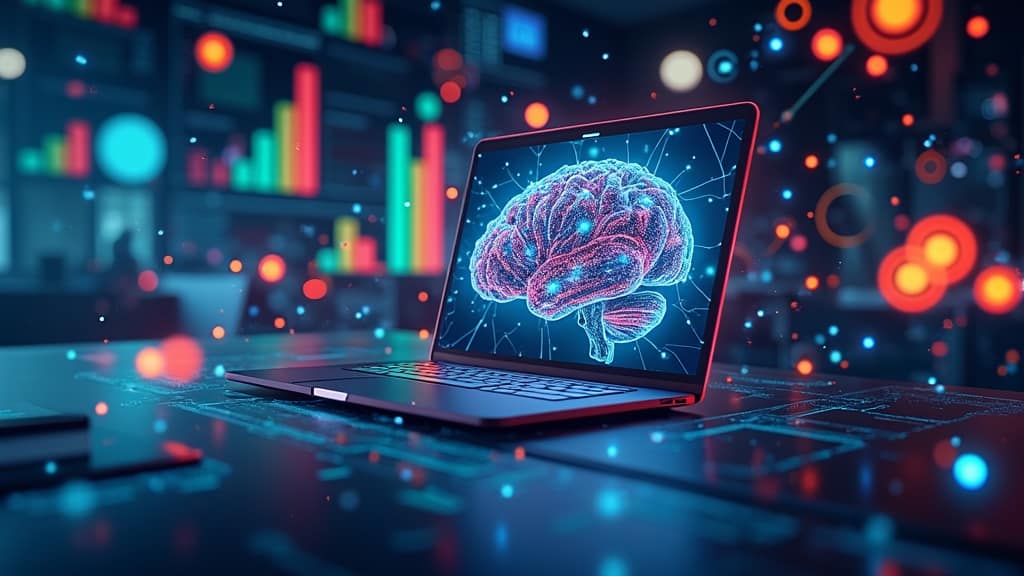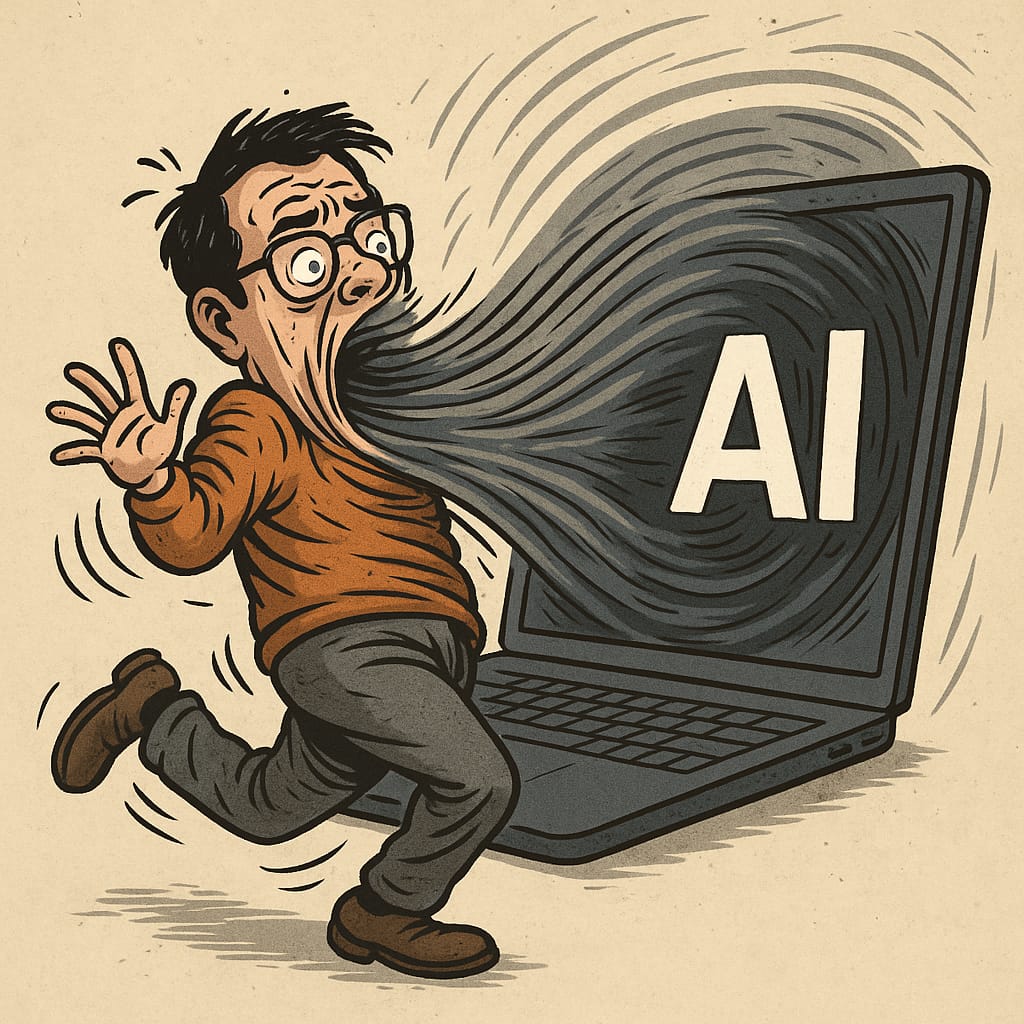The role of artificial intelligence (AI) in the tipping point process
The role of artificial intelligence (AI) in the tipping point process is a fascinating and evolving area of study. While the concept of a tipping point has primarily focused on human interactions and behavior, AI can play several crucial roles in understanding, predicting, and even influencing tipping points in social structures. Here are some potential roles of AI in the tipping point process:
Data Analysis and Prediction
AI algorithms can analyze vast amounts of social data, including online interactions, social media conversations, and real-world networks. By identifying patterns, correlations, and anomalies, AI can help researchers and policymakers predict potential tipping points, enabling proactive measures to be taken.
Network Analysis and Influence Mapping
AI techniques, such as network analysis and graph theory, can identify influential individuals, groups, or nodes within social networks. By mapping social connections and analyzing the spread of information or behavior, AI can pinpoint critical nodes that have the potential to trigger or amplify a tipping point.
Sentiment Analysis and Social Listening
AI-powered sentiment analysis can assess public opinion and emotional responses by analyzing social media posts, news articles, and other textual data. Monitoring social sentiment can provide valuable insights into the collective mood, identify emerging trends, and detect shifts that may indicate an approaching tipping point.
Recommender Systems
AI-driven recommender systems can suggest content, products, or ideas to individuals based on their preferences, behaviors, and social connections. By strategically promoting certain ideas or behaviors, AI can potentially influence the adoption of new norms and trigger tipping points by creating cascades of acceptance or change.
Simulation and Scenario Planning
AI can facilitate the creation of computational models and simulations to explore hypothetical scenarios and test different interventions. By simulating the dynamics of social systems, researchers can better understand the conditions that lead to tipping points and evaluate the potential impact of various interventions or policies.
Augmenting Collective Intelligence
AI can enhance collective decision-making processes by aggregating and synthesizing diverse perspectives, enabling a more comprehensive understanding of complex social issues. AI-powered platforms can facilitate collaboration, deliberation, and consensus-building among individuals and groups, potentially fostering the emergence of tipping points through collective action.
It is important to note that while AI can provide valuable insights and support in understanding tipping points, ethical considerations and responsible use of AI must be taken into account. Safeguarding privacy, ensuring transparency, and addressing biases are critical to harnessing AI’s potential for positive societal change.
AI can contribute to the study and management of tipping points by analyzing data, mapping social networks, predicting trends, influencing behavior, and augmenting collective intelligence. As AI technologies advance, their role in understanding and potentially shaping tipping points will likely continue to grow, offering new opportunities for societal transformation.
Summarized table outlining the potential roles of AI in the tipping point process
| Role of AI in the Tipping Point Process |
| Data Analysis and Prediction: Analyzing social data to predict tipping points and enable proactive measures. |
| Network Analysis and Influence Mapping: Identifying influential nodes within social networks to understand and trigger tipping points. |
| Sentiment Analysis and Social Listening: Assessing public opinion and detecting shifts that may indicate an approaching tipping point. |
| Recommender Systems: Influencing the adoption of new norms by strategically promoting ideas or behaviors. |
| Simulation and Scenario Planning: Using computational models to explore hypothetical scenarios and test interventions. |
| Augmenting Collective Intelligence: Enhancing collective decision-making processes for a comprehensive understanding of social issues. |
These points provide a concise overview of the potential roles that AI can play in the tipping point process, from data analysis and prediction to influencing behavior and fostering collective action.

Thank you for questions, shares and comments!
Share your thoughts or questions in the comments below!
Source OpenAI’s GPT language models, Fleeky, MIB, & Picsart






